Columbia University President Minouche Shafik has resigned, as reported by US media, just weeks before the start of the new school year. Her resignation follows a period of intense scrutiny on the institution due to pro-Palestinian protests that occurred on campus. These protests were part of a broader wave of demonstrations across US universities in response to US support for Israel amid its conflict with Hamas in Gaza.
The protests at Columbia, as well as on other campuses, sparked significant controversy. Critics accused the protests of crossing into anti-Semitism and creating an unsafe environment for Jewish students, which led to Shafik and other university presidents being questioned by the US Congress. On the other hand, protesters, including many Jewish students, argued that their anti-Israel stance was being wrongly equated with anti-Semitism and that the focus on isolated incidents of hate was overshadowing the larger call for a ceasefire due to the rising civilian death toll in Gaza.
In her resignation announcement, Shafik reflected on the challenges facing Columbia and expressed her belief that new leadership would better guide the university through these issues. US House Speaker Mike Johnson, who had previously condemned the protests as "terrorism," welcomed her resignation.
The backdrop to these events includes the ongoing conflict, which escalated significantly after Hamas's October 7 attack on southern Israel, resulting in a large number of casualties and hostages, and Israel's subsequent military response in Gaza.



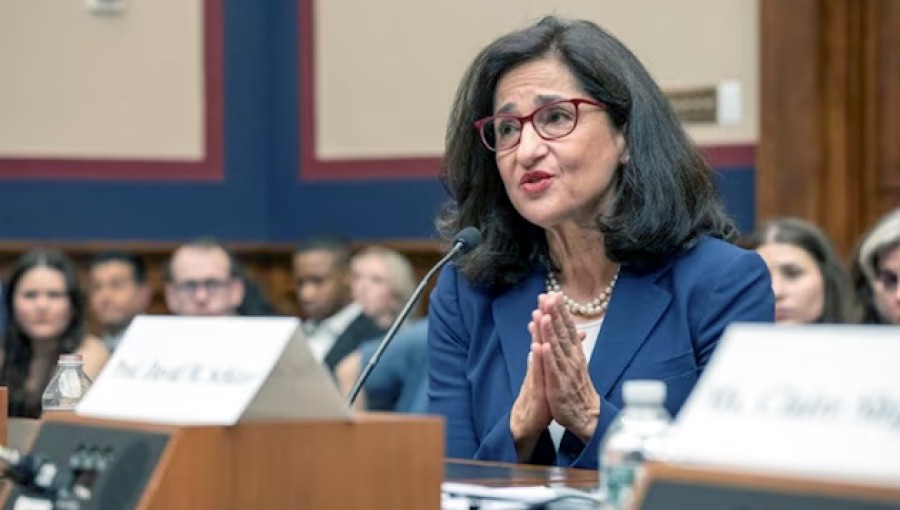
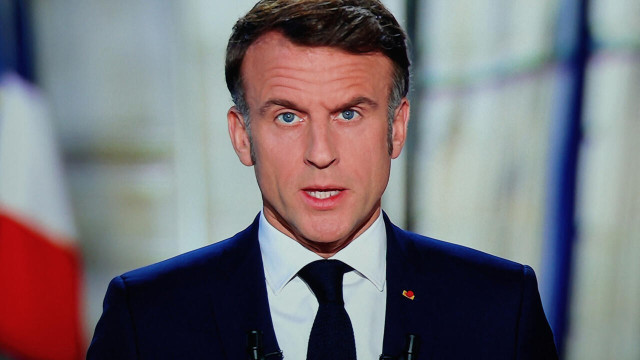

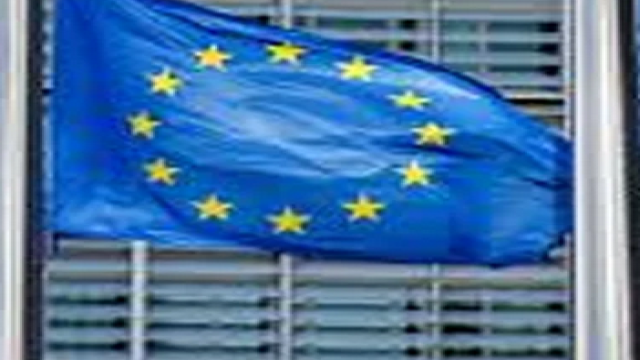
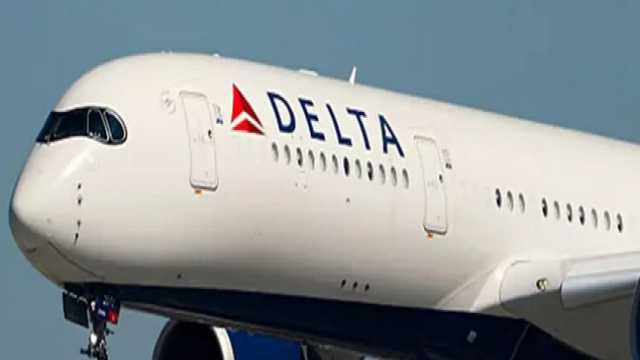





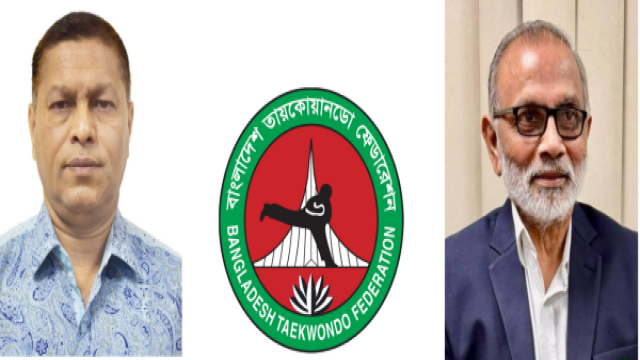
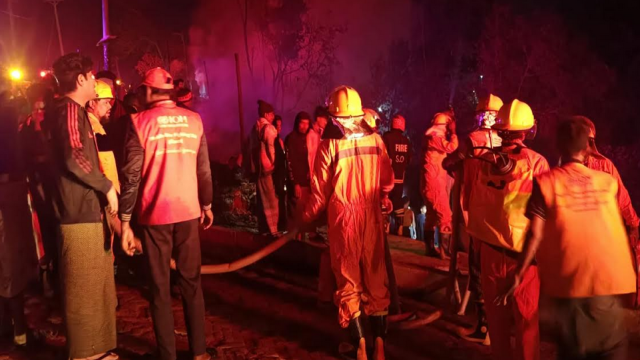

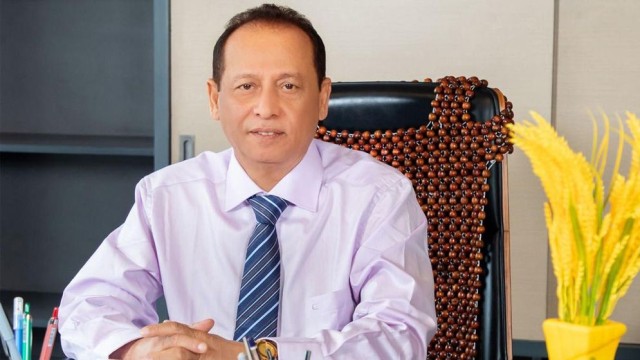














Comment: